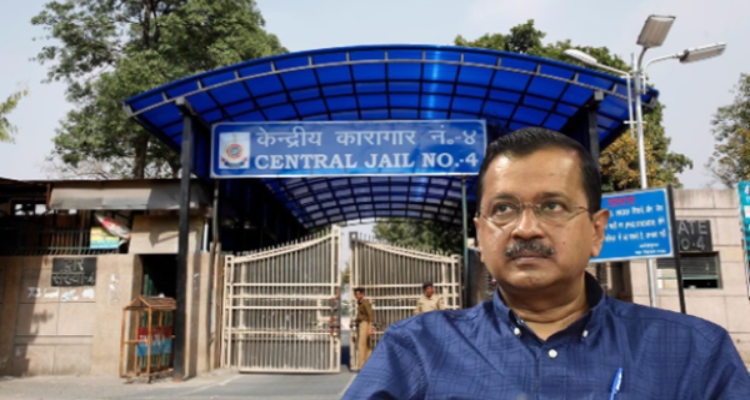
The Delhi High Court directed Tihar Jail authorities on Monday to respond to CM Arvind Kejriwal’s plea, seeking additional virtual meetings with his lawyers. Kejriwal is currently detained in connection with the Delhi excise scam cases.
A single judge Justice Neena Bansal Krishna granted the prison authorities five days to file a reply and scheduled the matter for argument on July 15, 2024.
The Delhi chief minister has challenged a trial court’s July 1 order that rejected his application for directions to grant him two additional weekly video conference meetings with his lawyers.
More Extra Time
Currently, Kejriwal, the national convener of the Aam Aadmi Party (AAP), is allowed two meetings with his lawyers per week. His lawyer argued that the AAP leader is involved in approximately 35 litigations across the country and requires two extra video conference meetings to adequately discuss his cases, citing the right to a fair trial.
The Enforcement Directorate’s counsel also requested the opportunity to file a reply to the plea.
When questioned by the court about objections to the plea, the lawyer representing the jail authorities stated that the rule of two meetings per week applies to all prisoners. He added that the 35 cases are not being heard simultaneously, and thus, additional meetings are unnecessary.
Trial Court’s Rejection
The trial court had previously rejected the plea, stating that the applicant’s counsel did not demonstrate how Kejriwal was entitled to two additional legal meetings through video conference beyond the grounds already addressed in earlier orders.
In separate petitions, Kejriwal has challenged his arrest in the corruption case registered by the Central Bureau of Investigation (CBI) related to the alleged excise policy scam and has also sought bail. Both petitions are pending before the high court.
Kejriwal was arrested by the CBI on June 26 and remains in judicial custody in connection with a money laundering case filed by the Enforcement Directorate (ED). Although he was granted bail in the money laundering case by the trial court on June 20, the high court stayed the order.
The excise policy was revoked in 2022 following a CBI probe ordered by the Delhi lieutenant governor, investigating alleged irregularities and corruption in its formulation and execution. According to the CBI and ED, irregularities were committed in modifying the excise policy, and undue favors were extended to license holders.




